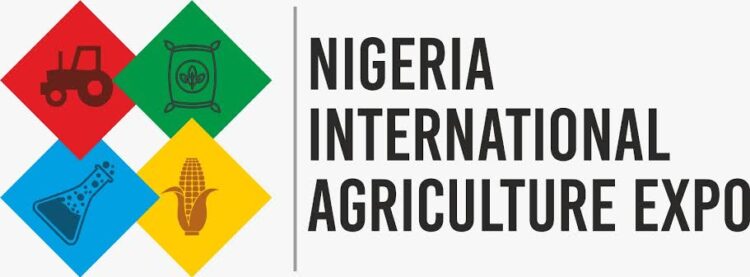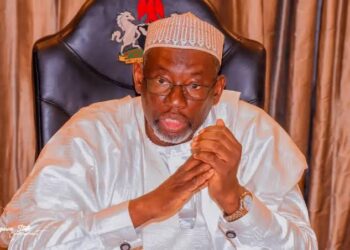The 7th Nigeria International Agriculture Expo (NIAEXPO 2025) in Abuja highlighted Nigeria’s agricultural potential, new innovations, and global trade opportunities. The event attracted investors, innovators, and policymakers, strengthening Nigeria’s ambition to become a global hub for sustainable agro-logistics by 2030.
Displaying Nigeria’s Agricultural Strength
Abiodun Olaniyi, Project Coordinator of NIAEXPO 2025, explained that the Expo aims to present Nigeria’s capacity to the world. He noted that each edition has improved in scale and reach.
“This year, we hosted delegates from Indonesia, China, India, the United States, Canada, and states across Nigeria such as Lagos, Rivers, and Borno,” Olaniyi said.
He stressed that the exhibition goes beyond showcasing products. Instead, it positions Nigeria as a hub of opportunity for investors, innovators, and farmers.
Driving Innovation and Inclusion
The 2025 edition featured SMEs and MSMEs, each displaying fresh solutions across agriculture, agro-logistics, and the automobile industry. On display were locally assembled electric vehicles, tricycles, and tractors, which could reshape farm logistics and improve value chains.
Olaniyi also linked the event to Vision 2030. According to him, sustainability, organic farming, and knowledge sharing remain key priorities. Importantly, inclusivity was emphasized. The Expo created access for people with disabilities, reinforcing national participation and shared growth.
Although challenges exist, Olaniyi described them as opportunities. “I don’t see problems, only challenges. And challenges always come with solutions. Each edition makes us stronger,” he explained.
Autodex Advances Local Production
Prince Tony Ifeakandu, Managing Director of Autodex Nigeria Ltd, also used the Expo to demonstrate the company’s impact. Autodex is Nigeria’s first Completely Knocked Down (CKD) tractor assembly plant. The company is also producing electric tricycles for farmers and small businesses.
He revealed that Autodex will host another major event—the Food, Agro Technology Expo and Conference (FAMFATEC), in November 2025, Abuja. The gathering will bring together stakeholders such as the African Export-Import Bank (Afrexim) and the U.S. Exim Bank. Discussions will center on agricultural exports, financing, logistics, and sustainable practices.
Addressing the Logistics Barrier
Ifeakandu explained that logistics is one of agriculture’s biggest challenges. Transporting farm produce often costs more than production. As a result, food prices remain high across Nigeria.
“If we reduce the cost of moving produce to markets, food will be cheaper. That is why we promote alternatives through locally assembled tractors, electric vehicles, and tricycles,” he stated.
Nigeria’s Path to Vision 2030
The Expo demonstrated Nigeria’s commitment to agricultural transformation. With local innovations, strong partnerships, and inclusive participation, the country is positioning itself as a key player in global food security.
As preparations for Vision 2030 continue, stakeholders believe Nigeria’s agriculture sector can grow beyond subsistence. With innovation and sustainable logistics, the nation could build a fully industrialized and export-driven economy












